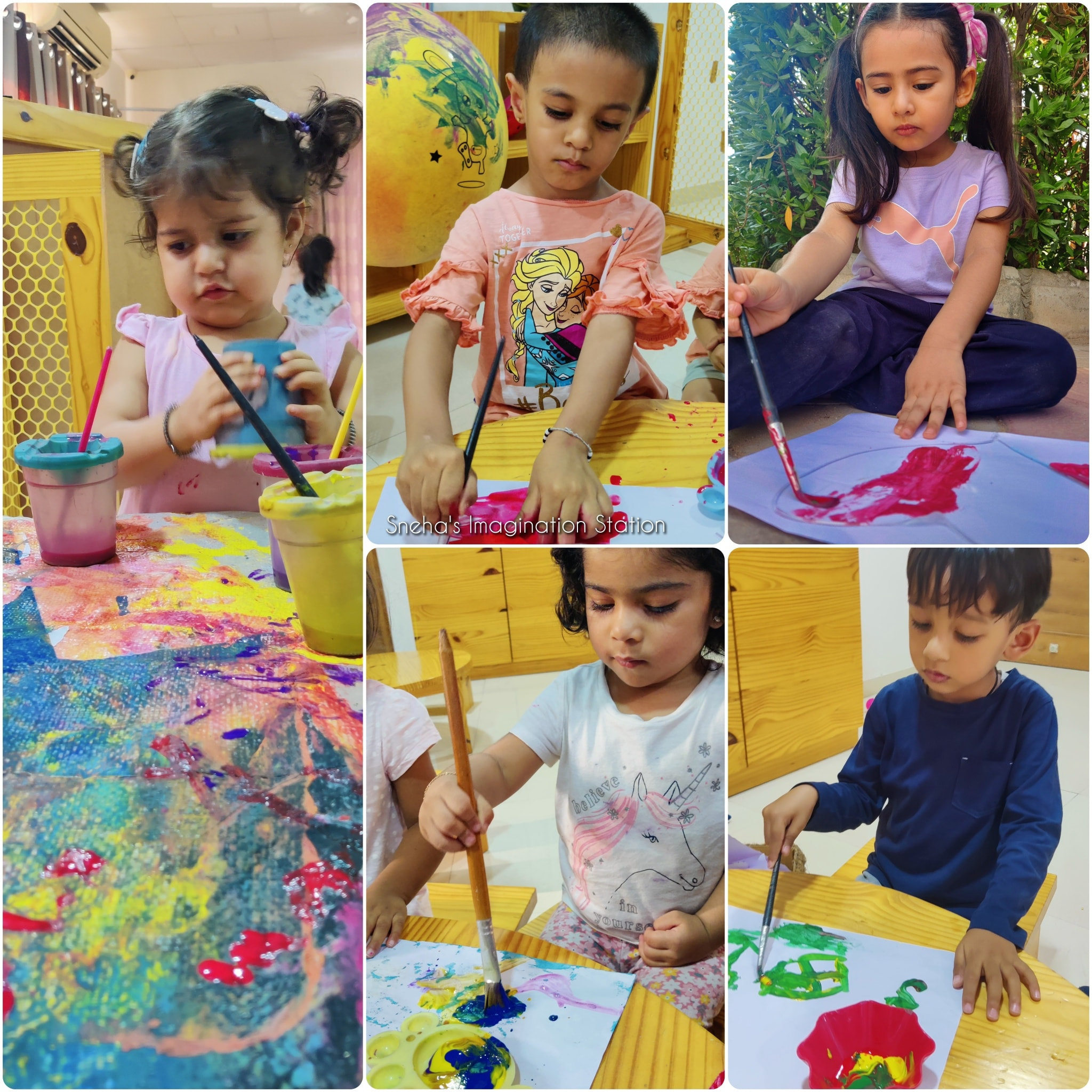As virtual reality continues to advance and become more accessible, it is crucial to address the ethical considerations surrounding private experiences. Responsible usage and promoting awareness of the potential impacts on real-world behavior and social relationships are paramoun Understanding the impact of immersive VR on locomotor tasks can lead to advancements in motor rehabilitation, sports performance training, and the development of accessible and inclusive environments for individuals with mobility impairment Ultimately, addressing psychological barriers to waste reduction requires a comprehensive approach that combines awareness, education, norm-setting, and convenient infrastructure.

The reproducibility and adaptability of virtual environments make it possible to conduct standardized assessments in various contexts, offering valuable insights into an individual’s functional capabilitie Research conducted in immersive VR environments has revealed fascinating insights into the influence of VR on locomotor tasks. Studies have shown that gait parameters, such as step length, cadence, and even balance, can be altered in virtual reality compared to real-world conditions.
These changes in motor control suggest that the technological characteristics of immersive VR can impact the motor strategies employed by individuals during locomotion task “Virtual tours have the unique advantage of providing users with a comprehensive and customizable experience, allowing them to explore and interact with content at their own pace. This level of user engagement fosters familiarity and a sense of connection with the subject matter, facilitating a deeper understanding and potential behavior change The Role of Visual Perception in Immersive Virtual Reality In immersive virtual reality experiences, visual perception plays a crucial role, especially in tasks related to balance and gait.
The way we perceive our surroundings in virtual environments can significantly impact our motor control and overall sense of balanc The Impact of Violent Experiences Studies have indicated that exposure to violent virtual environments can result in increased aggression and hostility in individuals. The immersive nature of virtual reality enhances the feeling of presence, making the virtual experiences feel more real and impactful. This heightened sense of realism can prompt individuals to perceive violent behavior as acceptable or even desirable, leading to potential negative consequences in social interaction However, it’s important to recognize that waste reduction behaviors can also be influenced by context cues and habits.
Contextual factors, such as the availability of recycling facilities and situational reminders, can shape individuals’ waste reduction intentions and behavior “People learn through observing others’ behaviors, attitudes, and outcomes of those behaviors. Most human behavior is learned observationally through modeling: from observing others, one forms an idea of how new behaviors are performed, and on later occasions, this coded information serves as a guide for action This finding indicates that virtual tours have the potential to be an effective tool for education and engagement, particularly when users have prior familiarity with the subject or location.
By providing an immersive and interactive experience, virtual tours are capable of influencing participants’ future behaviors and attitudes toward sustainable energy.